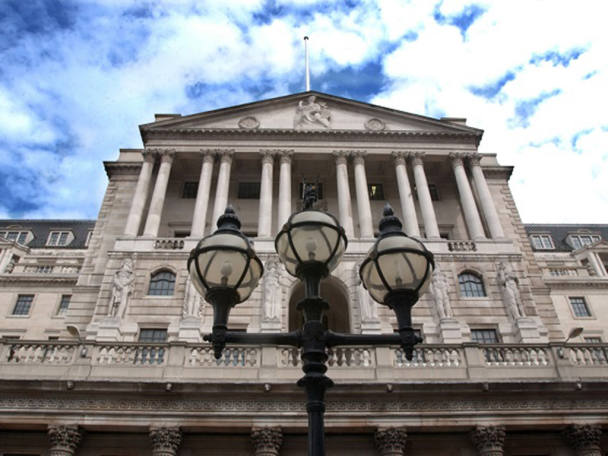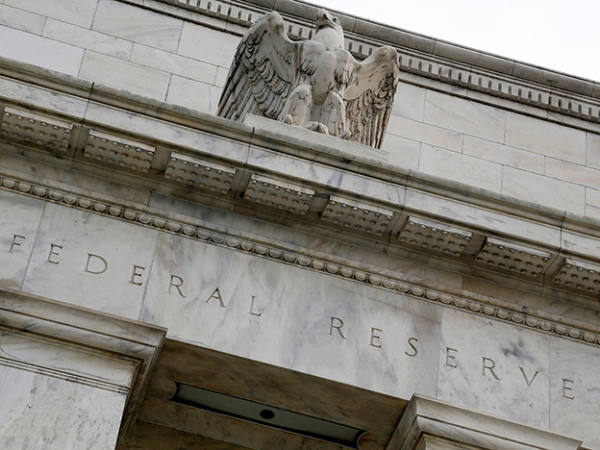It sounds like an odd thing to say when the government is embarking incompetently upon one of the dafter economic policies of our age, but in one important sense there has been a huge improvement in economic policy-making in recent years.
I’m talking about inflation. Figures next week are likely to show that CPI inflation rose slightly last month thanks to higher petrol prices. And the important thing is that nobody much cares.
This is a huge change. For most of us, economics in our formative years – from the early 1970s to mid-1990s – was dominated by inflation. Companies, consumers and workers worried about the scale of price rises and policy-making was obsessed with how to control inflation. We even had two recessions – in the early 1980s and early 1990s – as a direct result of the government trying to reduce inflation.
All that now seems so long ago. Since 1992 annual CPI inflation has been only one-fifth as volatile as it was in the previous 25 years. This means it is so stable that it doesn’t much matter for practical purposes. Speculation about a possible quarter point rise in Bank rate next month is utterly trivial by the standards of a generation ago.
Exactly why inflation has ceased to be an issue isn’t so clear.
It is possible that the adoption of an inflation target has helped stabilise inflation by stabilising expectations: inflation expectations can be self-fulfilling.
I’m not so sure about this. It’s possible – though not certain – that inflation expectations are determined by recent inflation rather than by the inflation target. And if it were the case that the inflation target had succeeded, it would have profound consequences for how we think about the role of reason in public life. The inflation target was adopted in a panic after we were dumped out of the exchange rate mechanism in 1992. By contrast, previous anti-inflation policies – wage and price controls, monetary targets, exchange rate pegs – were enacted after much deliberation and debate. If the former succeeded where the latter failed, what does this tell us about the role of rationality in policy-making?
Instead, I suspect there might be other reasons for stable inflation. Increased globalisation means it is determined more by worldwide forces than local ones, which generates stability. And workers’ loss of bargaining power means that there’s now no threat of a wage-price spiral.
Whatever the reason, we have now come close to the ideal set out by Milton Friedman in his famous lecture on monetary policy back in 1968: “Our economic system will work best when producers and consumers, employers and employees, can proceed with full confidence that the average level of prices will behave in a known way in the future.” People can get on with their lives without needing to worry much about inflation. This is genuine progress, in Alfred North Whitehead’s sense that “civilization advances by extending the number of important operations which we can perform without thinking of them”.
Sadly, however, our economic problems are like a game of whack-a-mole: when one disappears another pops up. But hey, let’s celebrate progress when we can.










